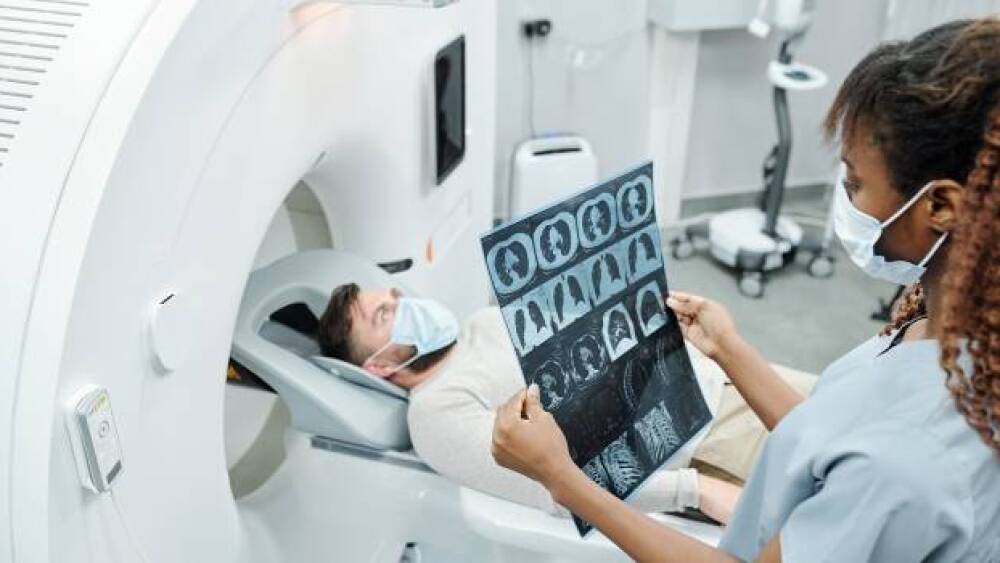Frederick National Laboratories, the American Cancer Society and other leaders are picking up the pieces - both good and bad - as COVID-19 becomes endemic.
When the pandemic hit, the world turned its attention to COVID-19. This led to the neglect of other areas, including the cancer research space.
When Francis Collins, the then director of the National Institutes of Health, called for the pause of all work that wasn’t essential for the response to the pandemic, the Frederick National Laboratory for Cancer Research briefly paused its cancer-related research. The lab is a federally funded research and development center, and it’s the largest recipient of funding from the National Cancer Institute, receiving $1.6 billion between 2016 and 2021.
Ethan Dmitrovsky, M.D., director of the Frederick National Laboratory and president of Leidos Biomedical Research, told The Business Journals how the lab’s operations have been altered by the pandemic.
Dmitrovsky said he wasn’t worried too much about the pause in cancer-related research operations, as it was followed by a rapid increase in productivity as researchers adapted to the new work protocols. His concern had more to do with the researchers themselves.
“Where I think we may see some of the long-term effects is the training of the next generation. So when you take a trainee who has a very limited amount of time in the lab, and then ask them to pause their work, it will obviously have an effect in delaying their training. And that’s what I’m particularly concerned about as director of the Frederick National Laboratory, is how we can assure that the next generation of scientists will see their work flourish in the future,” Dmitrovsky said.
The laboratory is combating this by bringing scientists back to work on-site with extended training periods for lab workers.
Karen Knudsen, CEO of the American Cancer Society, also spoke about how the pandemic affected her work. In an interview with the San Francisco Business Times, Knudsen spoke about ways the American Cancer Society adapted clinical trials to the pandemic - and ended up making them more efficient along the way.
“We did learn during COVID that our ability to put clinical trials into place and go through the regulatory piece that’s needed to start a clinical trial, could be done using telehealth or using digital strategies, whereas before it was more of a manual process,” Knudsen told the San Francisco Business Times. “COVID actually taught us that we can uplift a clinical trial more quickly than previous to the COVID pandemic period. We’re hoping that those learnings will move forward and our advocacy team is working with regulatory agencies in the U.S. to try to ensure that new practice of accelerating our ability to initiate a clinical trial can be enhanced and continued.”
Knudsen also discussed how the population focus of the American Cancer Society’s research is changing to put more emphasis on survivorship investigation. When patients survive cancer, the battle isn’t over. The effects of cancer, treatment or both sometimes lead to auditory problems, challenges walking or moving, or even secondary cancers.
As cancer treatments become more effective and survivorship rates increase, the American Cancer Society wants to put more research into understanding the long-term effects these patients will experience during their new lease on life.
Featured Jobs on BioSpace





